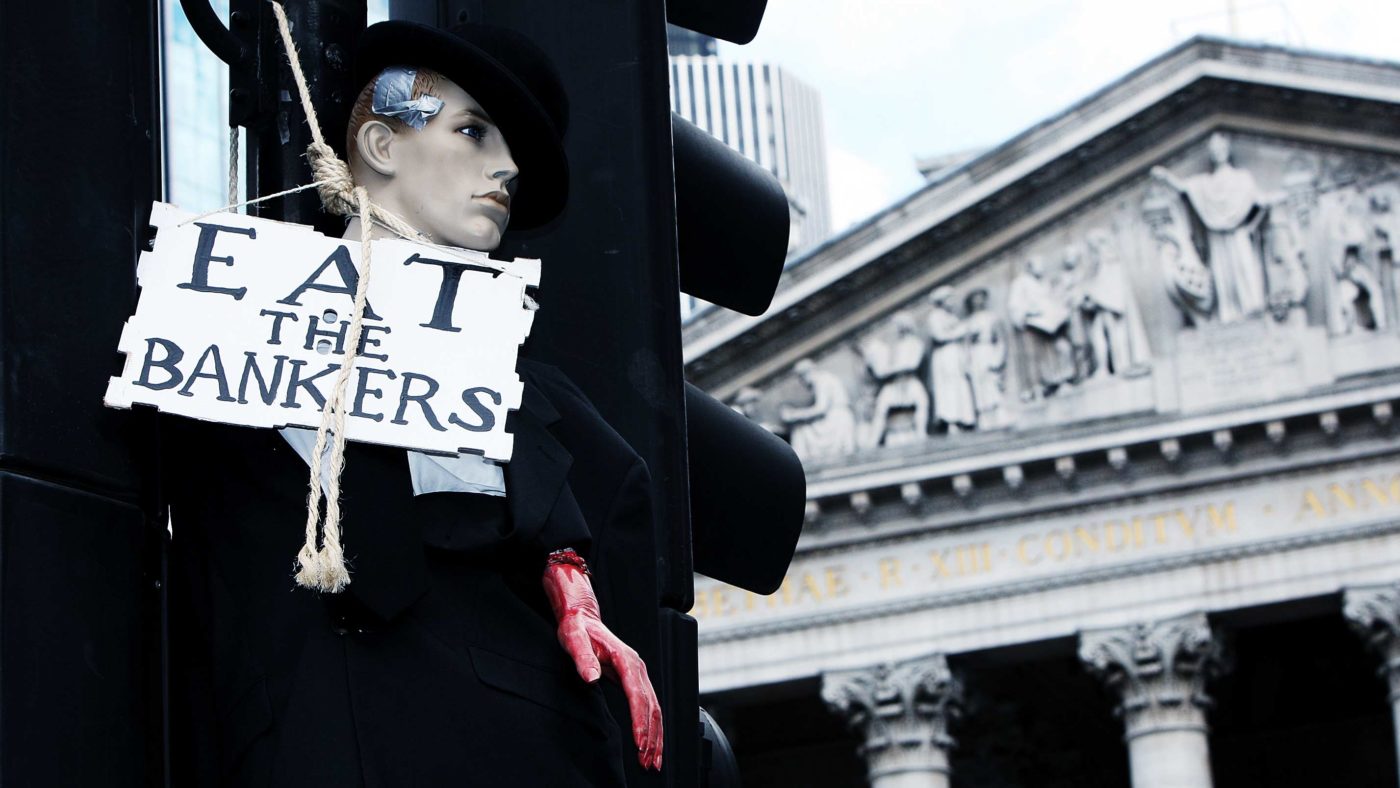It is often said that the best and brightest don’t seek elected or public office because the pecuniary reward is pitiful compared to what their brains can fetch in the private sector. They instead join investment banks and consulting firms, whose output we are told is “socially useless” and away from which we are desperately trying to “rebalance“.
It just so happens that financial services is one of the most productive and innovative sectors in a presently rather unproductive economy, so the rebalancing may come at a high price.
Not everybody agrees that those who would be most suitable to steer the ship of state are put off by the meagre financial rewards. Some with a penchant for state intervention on behalf of the common good believe that the best often reach high office, only to see their vision and benevolence thwarted by a jealous civil service and the lobbying tentacles of business.
Others think that politics attracts the power-greedy and self-serving, because the business of government encourages the sort of zero-sum strategising in which the Machiavellis triumph over the da Vincis. This was Hayek’s own view, articulated in a chapter in The road to serfdom entitled “Why the worst get on top”.
My purpose here is not to side with any one of the above camps, but rather to question the view that public office is financially unrewarding. Not only is the return from a time in Whitehall or Downing Street sumptuous, but its volatility (at least on the downside, the one that really matters) is essentially nil.
Consider the cash-flow profiles faced by a high-flying investment banker (say, a managing director pocketing £700,000 annually) who is considering a spell in politics. He can either remain in post, in which case his fortunes will be subject to the vagaries of the market and not a few hastened political decisions by other people. Or he can take the political job (paying, let us assume, £120,000), spend a few years crafting policy (sometimes momentous, more often dull) and eventually return, with more or less glory and possibly a KBE, to the private sector with a salary greater than his departing one and a fat Rolodex.
What is more, our investment banker has no obligation to go back to the devilish hours of the M&A desk (though No 10 can at times be just as draining). If things go well, and the economy tags along, he might find himself an MP in short order, a cabinet minister next year – and a peer in due course.
Public office therefore operates much like a call option. A call is a financial instrument granting the owner the right, but not the obligation, to purchase an asset at a pre-specified (strike) price by some future date. The option price depends on the price of the underlying asset and its expected volatility. Options have historically been used to hedge one-way positions: purchase of a call option whilst selling some stock hedges the seller against future price rises, since he can always buy back the stock at the strike price.
That’s precisely what a spell in the public sector does for high-flying executives. They sell their stock (their own experience, reputation and human capital) at a high price, by every estimation – otherwise they wouldn’t be called to serve. They then spend some time earning a much lower base salary.
But, all the while, they hold an option to buy back their stock, that is, return to their previous career, on equal or better terms than they left it. Judging from the ability of special advisers to find lucrative private-sector employment regardless of their performance, it also looks like there isn’t much volatility of earnings in the aftermath.
So, private-sector stars who take government jobs aren’t sacrificing pay by nearly as much as is commonly assumed. Alongside the modest headline salary, they get a valuable call option at a low price; what is known in the industry as a “deep in the money” call. If they exercise it, as most of them do, they will return to business with connections and political gravitas, both of which are valuable in an economy where 40 per cent of output is in the hands of the state, while a chunk of the rest is controlled by politicians via regulation.
So, we may worry about an unhealthy insider culture in business and politics, but it cannot be said that public service goes unrewarded.


